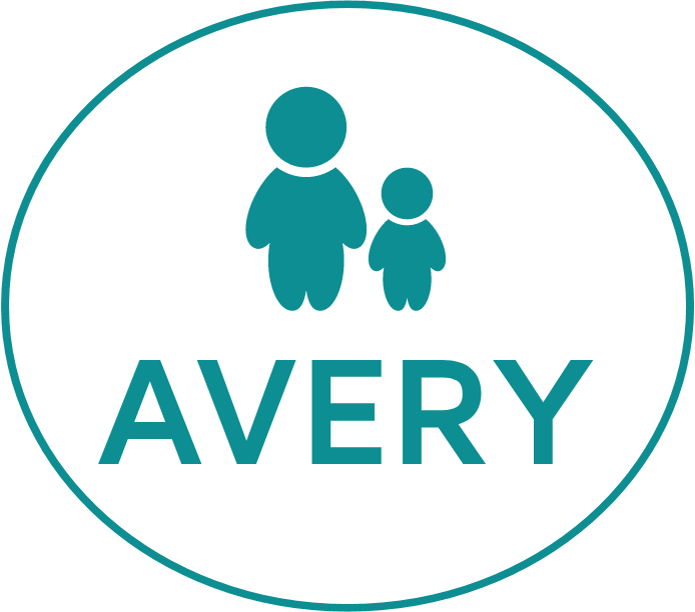
Full Psychoeducational
Assessment
Problem behaviours are symptoms of unmet needs
〰️
Problem behaviours are symptoms of unmet needs 〰️
Psychoeducational Assessment
This is the most comprehensive of assessments. It is the complete “user manual” for how your child works at school and what they need to be successful.
Information gathered through this process can often lead to diagnoses such as:
- Learning Disabilities (i.e., Dyslexia, Dysgraphia, Dyscalculia, etc.)
- Attention and behaviour related conditions (i.e., ADHD, Anxiety or depressive disorders, etc.)
- Other neurodevelopmental disorders (i.e., communication disorders, language disorders, etc.)
This information can be used to help:
- Identify what your child needs to maximize their potential at school. If your child’s assessment results in a diagnosis that impacts them at school, the report can help create an Individual Program Plan (IPP) for your child at school
- Reduce barriers to academic success
- Your child feel better about school
The psychoeducational assessment report provides:
- Recommendations to access special services/resources required at home and at school
- Access to individualized student programming, assistive technology, extra time to complete exams, accommodations in the classroom, access to specialized services, etc.
- Access to certain programs funded by the province or school boards
This process involves examining three domains:
1 - How your child is developing in the cognitive processes that underlie learning, such as: Language processing, phonological processing, working memory, visual spatial processing, and more. This is also called an IQ test
2 - How your child is developing academically, such as: Reading, writing, math, language skills, and more
3 - Your child’s social, emotional, and behavioural functioning, such as: Executive functions; attention, hyperactivity, and impulsivity; mood and anxiety; and more
Duration: 6-8 weeks from Initial Intake to Final Debrief
Process:
- Initial Intake with parents (2 hours)
- Two to three assessment sessions (3 hours each) with your child. These usually take place during the school day, but the benefit of having the assessment process done and the detailed information you get about your child greatly makes-up for time missed at school.
- Final Debrief session (2 hours)
Note: Many private and employer benefit plans provide coverage for psychological services. It is recommended that parents/clients discuss their coverage with their insurer to determine whether services will be covered. Any costs for such services as psycho-educational assessments, counselling, or consultation that are not reimbursed through insurance may be claimed as a medical expense upon completing your income tax.
We don’t want costs to be a barrier to your child getting help. Contact Tanya to discuss your options.

